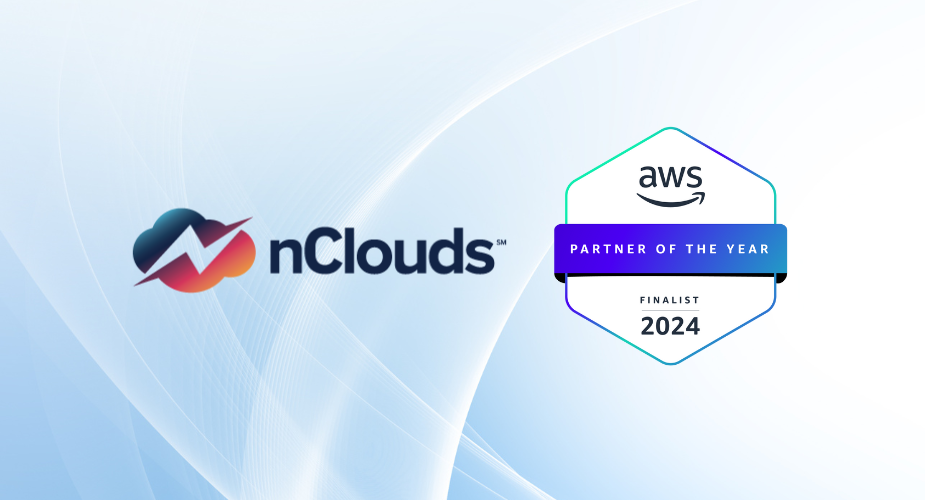On September 24, 2024, industry experts gathered for a highly anticipated panel focusing on “Transforming for Success: Technical Optimization Strategies to Enhance Portfolio Company Valuation.” Moderated by Brooke Alexander from nClouds, the panel featured a distinguished lineup: Bobby Chowdhury, CTO at BuildingLink; Salem Elnahwy, CTO at Transflo; and Ryan Fackett, VP of professional services at nClouds.
The panel kicked off with quick introductions, setting the stage for a deep dive into cloud and app modernization strategies that are pivotal in driving business growth and increasing valuation. Each panelist shared insights from their unique experiences leading complex cloud transformations.
Bobby Chowdhury emphasized how aligning business objectives with modernization efforts accelerates growth. At BuildingLink, his team’s shift to the cloud was a key part of scaling their global operations and fostering innovation. Salem Elnahwy shared the journey at Transflo, where cloud solutions have enhanced uptime, sped up the delivery of new features, and supported a strategic shift toward AI-driven product enhancements. Both highlighted how these transformations were tightly linked to increasing operational efficiency and company valuation.
One of the most impactful topics discussed was the “paved-road” approach mentioned by Ryan Fackett. This method defines a standardized infrastructure platform for developers, ensuring smoother deployment of new features while integrating AI tools like GitHub’s CoPilot to enhance efficiency. Ryan also emphasized the importance of containerization and managed services as powerful drivers of operational agility and scalability.
Later, Salem discussed his team’s hybrid cloud migration to AWS and IBM’s infrastructure, combined with AI implementations through Databricks. He detailed how these moves have not only improved system reliability but also opened the door for enhanced disaster recovery and faster scaling.
In contrast, Bobby focused on the lessons learned from his experience with large-scale cloud migrations. He advised businesses to start with the most challenging components first, as solving these helps create patterns for future services that are easier to deploy.
In the closing moments, the panel discussed the future of cloud modernization. Ryan highlighted key trends like serverless architectures, AI/ML integration, edge computing, and security enhancements. These innovations are empowering companies to differentiate their offerings and maintain a competitive edge in the market.
Salem shared how Transflo’s ongoing cloud transformation is setting the company up for better security, scalability, and cost optimization. Bobby echoed similar thoughts, adding that modernization efforts have paved the way for BuildingLink to grow into a global market leader.
The panel wrapped up with valuable advice for organizations embarking on modernization journeys. Ryan’s takeaway was simple: Do not underestimate the complexities of cloud transformation. Focus on laying a solid infrastructure foundation, starting with the most difficult components, and leverage AI and cloud-native technologies for sustained business growth.
This panel provided a treasure trove of strategies for any organization looking to enhance its portfolio company valuation through cloud modernization. The discussion underscored the critical role of cloud technologies in driving operational efficiency, scalability, and long-term value creation. As the industry continues to evolve, companies like BuildingLink, Transflo, and nClouds are leading the way, harnessing the power of the cloud to transform their businesses for success.
Stay tuned for more insights from future nClouds events!


